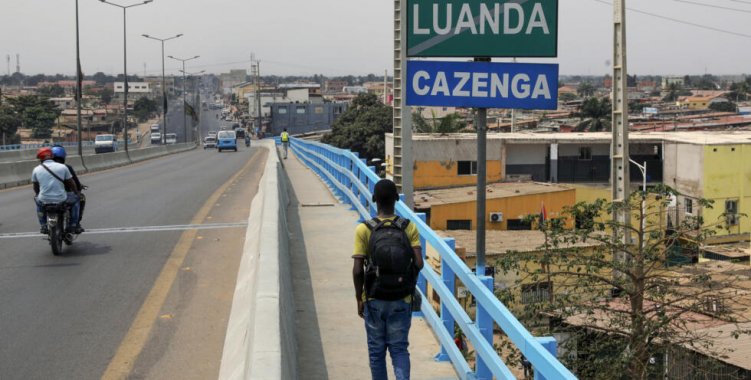"The countries most exposed to economic shocks through their global trade and debt levels are Mozambique, Zambia, Angola, South Sudan and the Republic of the Congo," says the 2024 Africa Economic Development Report, prepared by the United Nations Trade and Development Agency (UNCTAD).
The document, presented this morning in Abidjan by UNCTAD Secretary-General Rebeca Grynspan and Ivory Coast's Minister of Trade, Industry and the Promotion of Small and Medium-sized Enterprises (SMEs), Souleymane Diarrassouba, points out that "higher inflation, as the world has seen in 2022, inevitably raises the specter of higher interest rates, which could create a shock for countries with a high debt burden, increasing the cost of servicing the debt".
In the section of the report that addresses the impact of global exchange rate and interest rate shocks on the economies of African countries, UNCTAD writes that "large amounts of external debt can place an unsustainable burden on countries if their economic growth does not allow for large enough fiscal revenue to service the debt and/or if their exports and exchange rate movements change negatively, making debt service more difficult."
By 2023, almost half of African countries had a debt-to-GDP ratio above 60 percent, which raised the possibility of financial defaults due to a lack of fiscal space to invest in developing their economies.
"Due to disruptions in the global supply chain, higher inflation and rising global borrowing costs, many countries in Africa are facing the possibility of defaults, with high debt-to-GDP ratios," the report reads, concluding: "It is clear that countries with higher export concentrations and deeper government debt will be particularly exposed to the economic shocks that characterize this 'polycrisis'".
At the press conference, the UNCTAD Secretary-General tried to portray a positive image, arguing that despite the current risks and challenges facing the African continent, the message is one of hope.
"We look at Africa from the perspective of its enormous potential, because we believe in Africa's future; the challenges are real, but we place our emphasis on the opportunities, as long as there are adequate policies and partnerships," said Rebeca Grynspan, acknowledging that the increase in the cost of debt "does not mean that the debt has gone up, but rather that the cost of servicing the debt has increased, affecting the perception of countries' financial sustainability."







